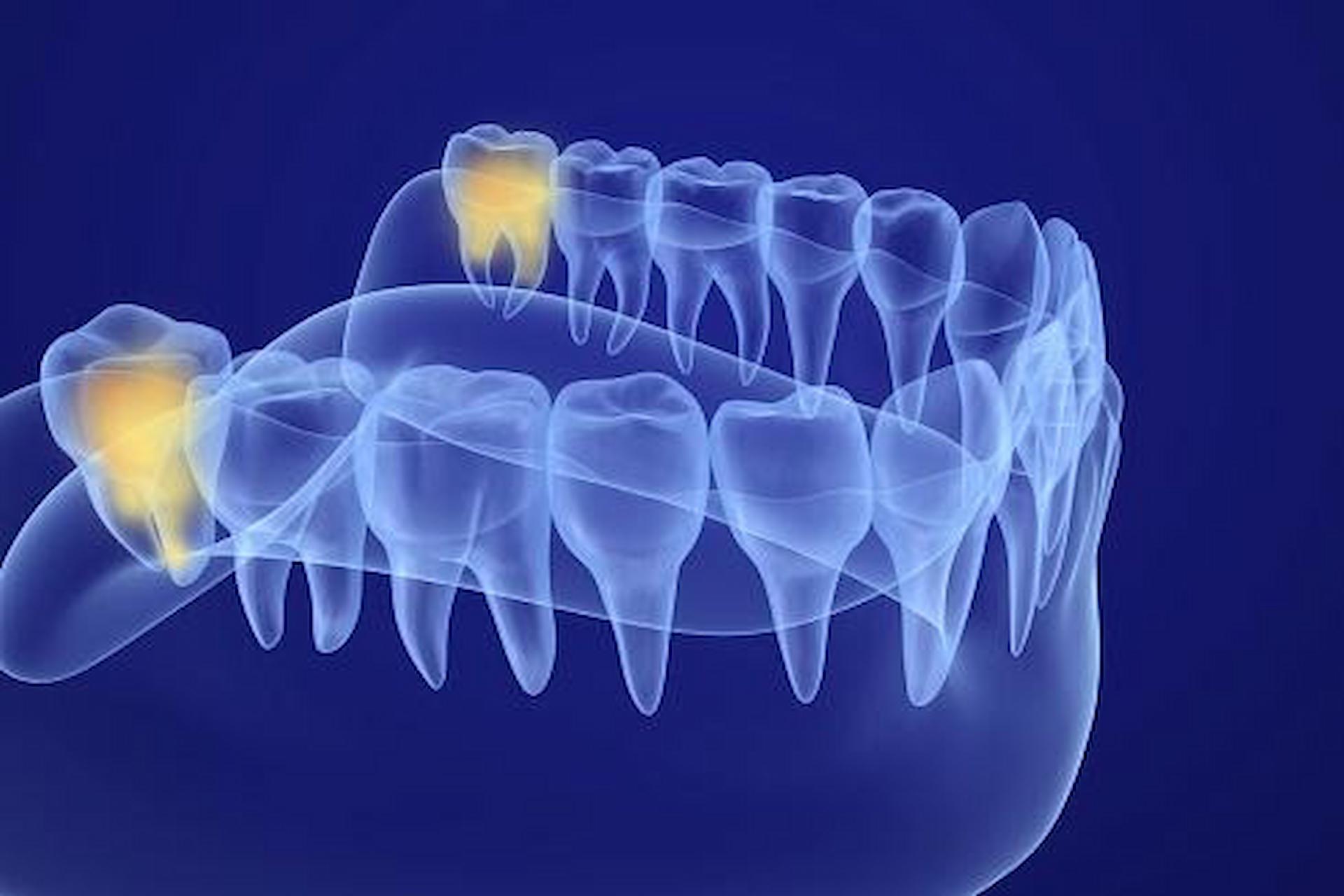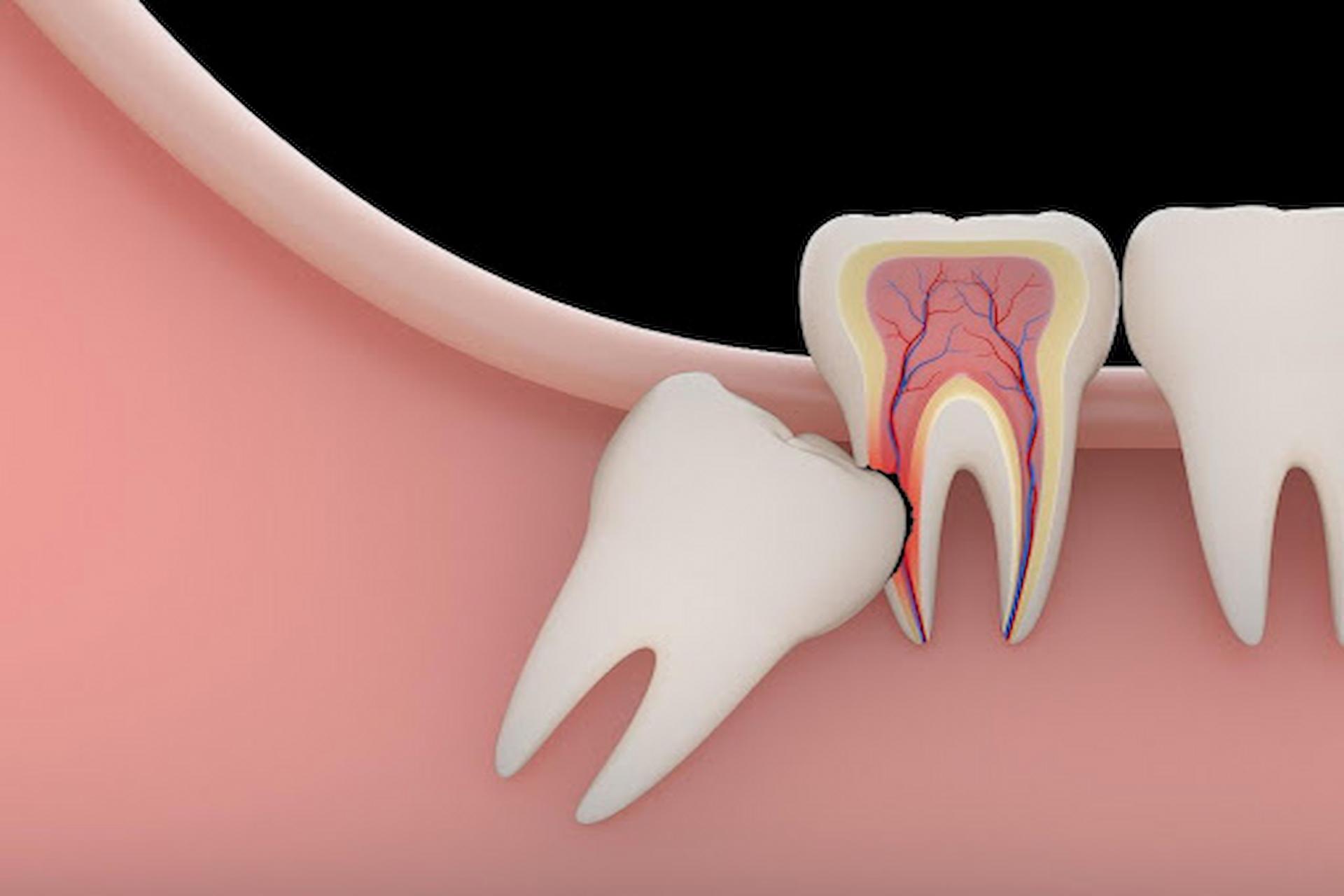The third molar is referred to as having wisdom teeth. The tooth is called a wisdom tooth due to its mature age. Wisdom teeth begin to erupt at the age of 17. There are four wisdom teeth in each of your upper and lower jaws. These courageous teeth are the last human teeth in the jaw arch.
According to a dentist providing wisdom tooth extraction in Newmarket, wisdom teeth might fully erupt, partially erupt, or even become entrenched. There could be more than one on each side or none at all. The jaw bone must have enough room for wisdom teeth to erupt properly. The tooth gets partially embedded if there is not enough room in the jaw arch. A surgical procedure will be required in this circumstance.
Do Wisdom Teeth Need to be Removed?
Whether wisdom teeth should be removed is one of the most often asked questions. The wisdom tooth can function and be useful like other teeth if it develops in the proper place. But this doesn’t occur as frequently. Issues frequently accompany the eruption of a wisdom tooth. These teeth may develop normally, but they deteriorate because of their location and lack of access to regular care.
Despite the lack of scientific data to support it, the pressure exerted by these teeth may cause an irregularity in the row of teeth. Therefore, we may conclude that it is preferable to see a doctor if you want to learn more about the condition of your wisdom teeth. Regular checkups can guarantee the health of your teeth and jaw. It also prevents more injury.
Impaction of the Wisdom Teeth
Partial wisdom tooth
These teeth are more susceptible to problems like abscesses and cellulitis because food has become stuck between the tooth and the gum that covers it and because the gum on the side of the opposing tooth has been harmed. This sort is linked to the most common wisdom tooth problem.
Wisdom tooth

Wisdom teeth can cause patients many problems over time if they are unaware of them. Delaying dental care has consequences that cannot be undone. Impressed teeth are surrounded by a follicle (growth sack). This sack might eventually turn into a cyst or tumor. Therefore, it is recommended to have surgery to remove wisdom teeth before the age of 25 to 30. Numerous issues arise when the surgery on these teeth is delayed. A cyst has the potential to damage the jaw bone severely.
Problems with Wisdom Tooth Extraction
Dry Socket
One of the potential side effects of wisdom tooth removal is a dry socket. In this instance, the patient’s pain worsens three days following the operation, and they also complain of a terrible taste and odor in their mouth.
Infection
It is rare for infections to develop following wisdom teeth removal. However, it might occur if you disregard the medical advice and don’t use mouthwash.
Bleeding
A wisdom teeth extraction rarely results in bleeding. If the patient doesn’t have a coagulation issue or doesn’t take anticoagulants, they should. (In this instance, it is typically put to an end after consulting with the appropriate doctor.) However, a small amount of pus-filled bleeding is typical up to a day after surgery.
Wisdom tooth suture
Simple wisdom teeth removal doesn’t require the use of stitches.



Leave a Reply
You must be logged in to post a comment.